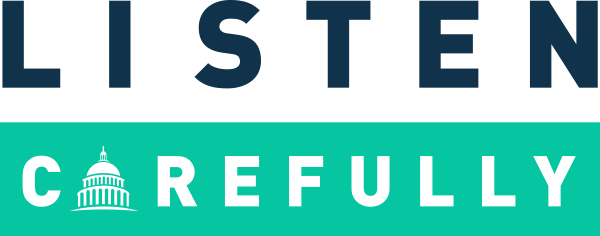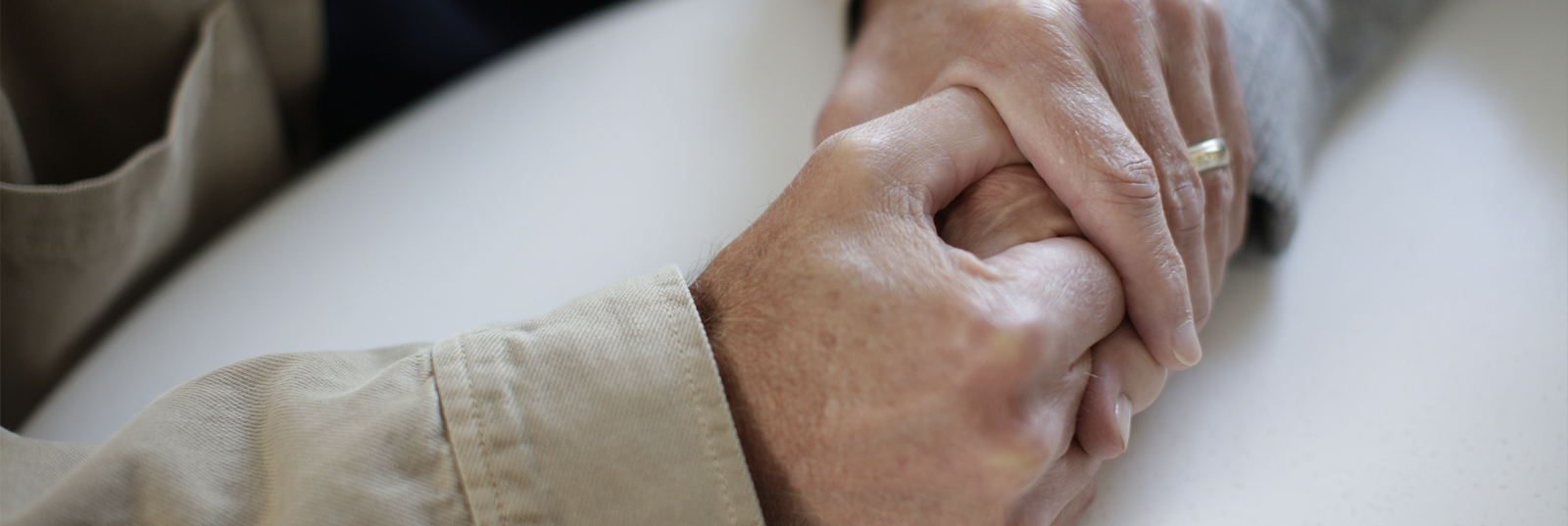Advocacy, education and news
Hearing health is complex and touches all aspects of a person’s life. Listen Carefully seeks to help others live fuller, healthier lives by focusing on four key priorities:
OTC
hearing aids
Hearing loss is unique to each individual, so it’s critical that licensed, trained hearing health ...
Hearing
protection
Sounds can be harmful when they are too loud and can damage the sensitive structures ...
The hearing health model
Getting your hearing checked should be routine, like getting your teeth cleaned ...
Medicare
coverage
America’s most vulnerable populations should have guaranteed access if Medicare ...
But first, it’s important to have a strong understanding of what exactly hearing loss is.
Hearing Loss is the reduction in our ability to hear certain sounds. Specifically, hearing loss refers to when a person’s hearing threshold is 25 decibels (dB) or lower in both ears. Because it is gradual, it is important to be aware of hearing loss signs.
What are the signs?
- Frequently asking others to repeat themselves
- Turning the TV to a volume others find loud
- Having trouble understanding conversations in noisy places
- Having difficulty hearing women and children’s voices
- Feeling like others are mumbling
- Having trouble hearing on the phone
- Avoiding social situations that were once enjoyable
- Having ringing in your ears
- Others saying that you have hearing loss
There are three common types of hearing loss
Mixed hearing loss is a mix of sensorineural and conductive hearing loss.
Hearing loss varies from person to person, and only a licensed hearing professional can diagnose it.
What to do if you suspect you have a hearing problem
Make an appointment with a hearing professional like an audiologist, hearing aid specialist or ENT for an evaluation, consultation and hearing test. Many hearing care professionals offer this evaluation at no charge.

